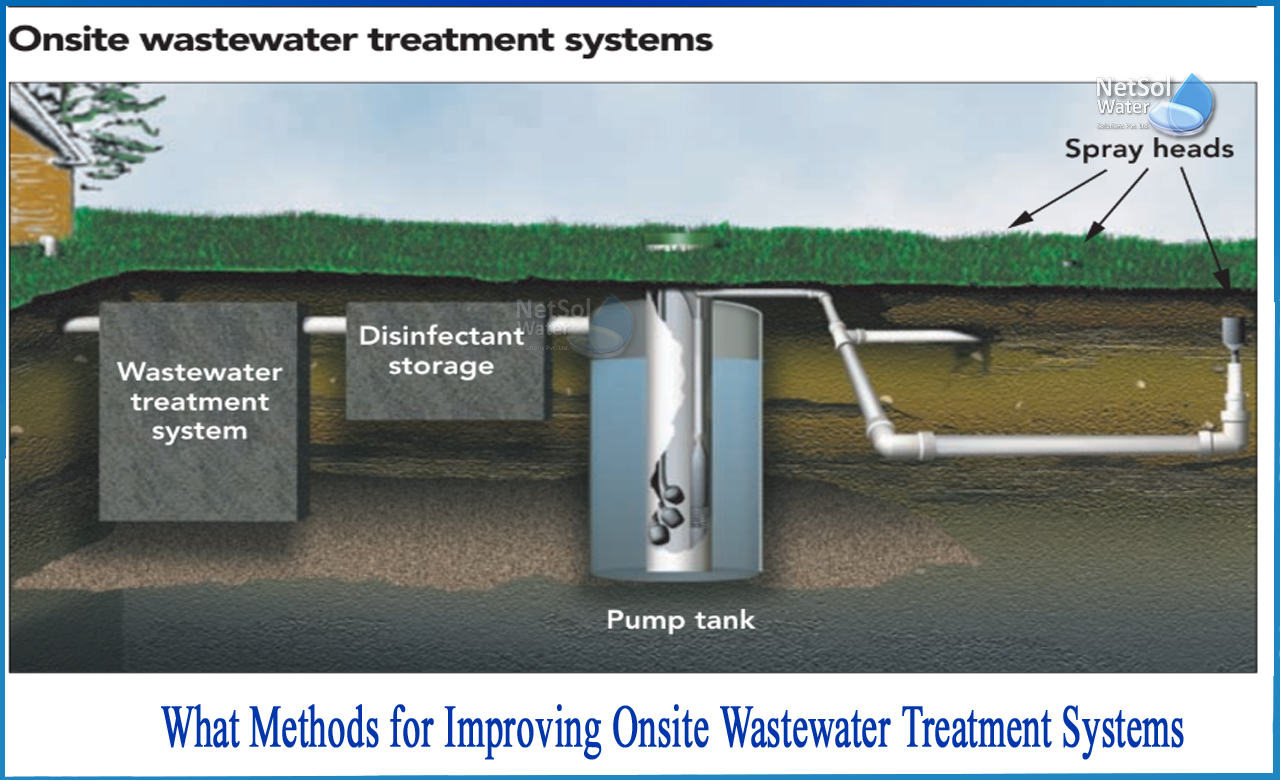Effective management is essential for ensuring that every particular community receives the necessary degree of environmental and public health protection.
It is the most critical single aspect in any complete wastewater management scheme. Even the most expensive and advanced technology will fail to satisfy the community's goals if they are not managed effectively.
Planning and management are inextricably linked!
The community's ability to handle any given technology should be considered in the decision-making process that leads to the development and selection of a suitable system or collection of systems for the community.
Elements of a successful program
An onsite wastewater management program's success or failure is heavily reliant on public acceptability and local Government backing; enough money; qualified and trained technical and field employees; and clear and concise legal authorities, rules, and enforcement mechanisms.
The following key aspects should be included in management programs:
- Program objectives that are clear and detailed;
- Public awareness and outreach;
- Technical criteria for site appraisal, design, and construction;
- Building, as well as operation/maintenance;
- Inspections, maintenance, and monitoring of the system on a regular basis;
- All service providers must be licensed or certified;
- Adequate legal authority, effective enforcement mechanisms, and incentives for compliance;
- Mechanisms of funding;
- Adequate record-keeping;
Although all of these aspects should be included in a good management program, administration of the various elements may fall on a variety of authorities or groups. Whatever the program's size or complexity, its components must be publically recognized, politically possible, economically sustainable, quantifiable, and enforced.
What Methods for improving onsite wastewater treatment systems?
1: Program objectives that are clear and detailed
Management programs often have two goals: public health protection and environmental protection.
To achieve these objectives, each onsite system must be sited, developed, and monitored. The purpose of public health protection is often to avoid or severely limit the discharge of pathogens, minerals, and hazardous substances into ground water. Goals for the program should be defined in order to safeguard both surface and ground water resources.
2: Public education is essential
Participation and support from the general public in the planning, design, construction, operation, and maintenance needs are critical to the acceptance and success of an onsite wastewater management program. Public meetings attended by State and Local politicians, property owners, and other interested parties are an efficient means of gaining support for the initiative. Discussions on current OWTS issues, such as program goals, expenses, finance, inspection, and maintenance, should take place at public meetings.
3: Public relations
An important program activity is educating homeowners about the appropriate functioning and maintenance of their treatment systems. In most circumstances, system owners or homeowners are responsible for some aspect of system operation and maintenance. The system owner also aids in the monitoring of system performance.
Educating the public on the importance of OWTS management in safeguarding public health, surface waterways, ground water resources, and property values can help to increase public support and program efficacy.
4: Site appraisal, design, and construction technical guidelines
The regulatory authority (RA) should establish technical rules and criteria to guarantee that onsite wastewater systems are effective and functional. To ensure performance uniformity, guidelines for site appraisal, system design, construction, operation/maintenance, and inspection are required.
Conclusion
On-site system management packages are ever-changing.
Changing community goals, resources, environmental and public health concerns, growth patterns, and treatment system technologies necessitate that program administrators assess program efficacy and efficiency on a regular basis, with public participation.
Because of suburban growth and the close vicinity of centralized collection systems, program managers may need to change their management tactics. To guarantee that systems in a jurisdiction are appropriately managed, resource and manpower constraints may mandate the employment of service providers or authorized management bodies.
What do we offer?
You can have an expert solution upon contacting Netsol Water, a leading manufacturer of Industrial and Commercial water treatment plants and wastewater treatment plants, among other services.
Netsol Water is Greater Noida-based leading water & wastewater treatment plant manufacturer. We are industry's most demanding company based on client review and work quality. We are known as best commercial RO plant manufacturers, industrial RO plant manufacturer, sewage treatment plant manufacturer, Water Softener Plant Manufacturers and effluent treatment plant manufacturers. Apart from this 24x7 customer support is our USP. Call on +91-9650608473, or write us at enquiry@netsolwater.com for any support, inquiry or product-purchase related query.



